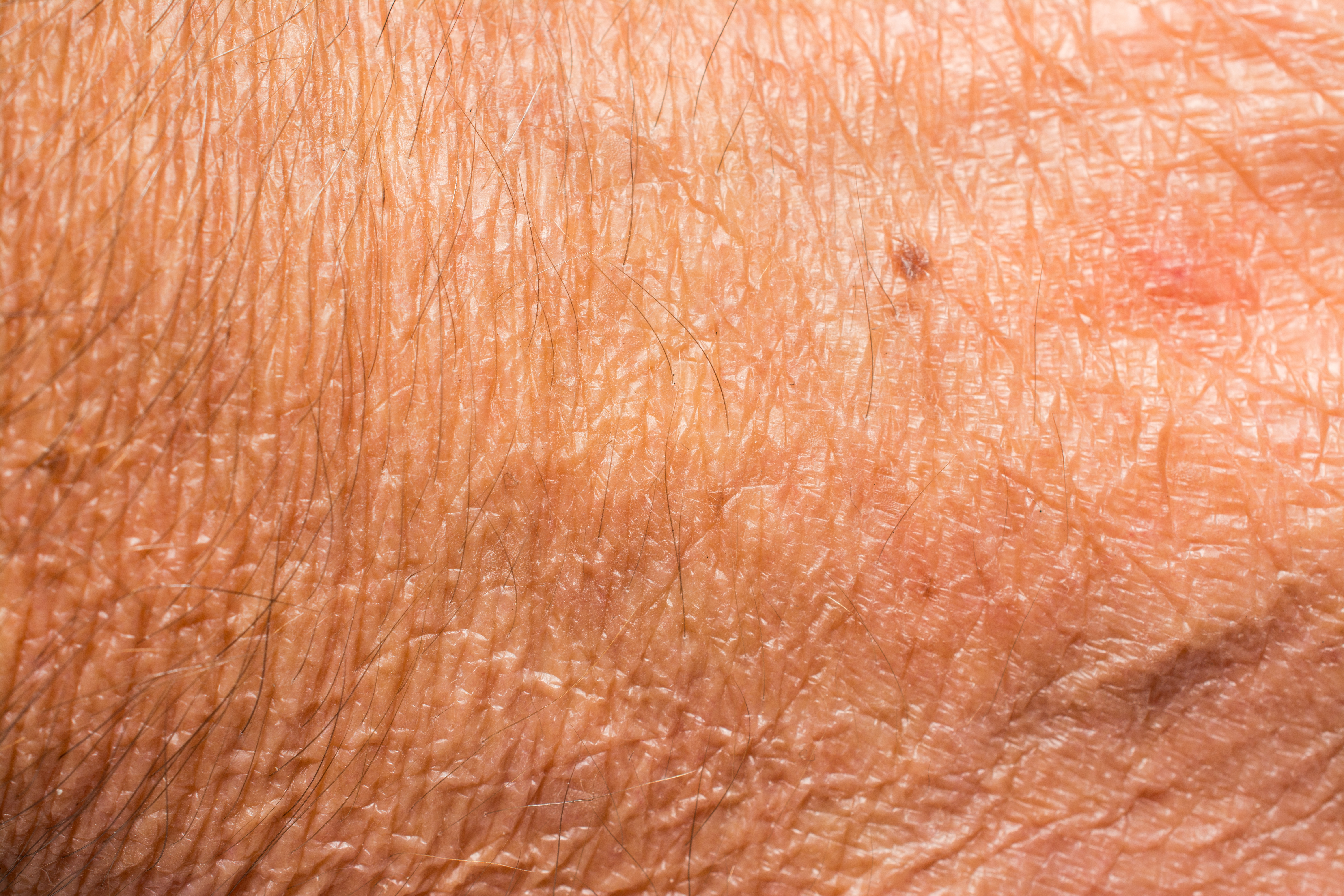
Skin microbiome diversity may play a role in skin aging, according to a recent study published by Myers et al in Frontiers in Aging. In the study, investigators analyzed 13 microbiome datasets comprising 16S ribosomal RNA amplicon sequence data, as well as facial skin clinical data from 650 individuals aged 18 to 70 years—with the goal of identifying the factors associated with skin aging. The investigators discovered that skin microbiome diversity was negatively associated with transepidermal water loss but was positively associated with chronological age and facial wrinkles such as lateral cantonal lines. They hope to further explore trends in the skin microbiome, metabolomics, and metatranscriptomics to better understand the chemical biomarkers of skin aging. In a companion press release on the findings from the University of California, San Diego, the study authors concluded: “While the study’s findings represent an advance of our knowledge of the skin microbiome, we view them as just the beginning of a new phase of research. [W]e’ve laid the groundwork for further studies that discover specific microbiome biomarkers related to skin aging and … show how to modify them to generate novel and highly targeted recommendations for skin health.”